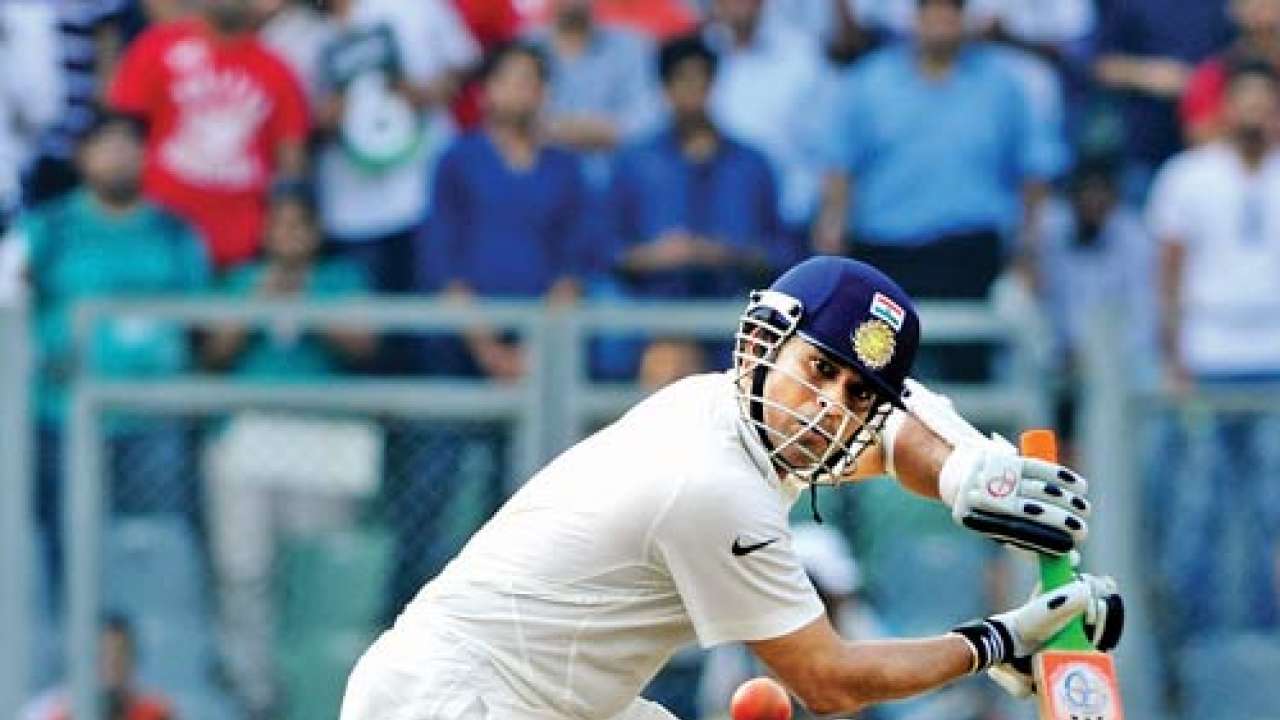
There has always been a dichotomy at the heart of cricket. It has been the most romantic of sports; tradition, village greens and a je ne sais quoi that has seen it become a byword for fairness and a sense of honour. And it has been a game obsessed with cold, hard numbers in a way that would put its modern American brethren to shame. The fact that one number is instantly recognisable to most followers of the game — 99.94 — sums up that dichotomy perfectly. It encapsulates both the brilliance of cricket’s greatest batsman, Sir Donald Bradman, and the sheer scale of his achievements. It is appropriate, then, that his heir Sachin Tendulkar is the fullest expression of that dichotomy. When he walked off the pitch for the last time on Saturday, he called time on 24 years of both representing the idealised passion of a billion people for the game and building a monumental edifice of statistical achievements. He is unlikely to ever be bettered in either.
The sheer scope of his achievements is such that the numbers lose meaning at some point. But one of those numbers is likely to be frozen in amber alongside 99.94 as an unreachable pinnacle of the game: 100 centuries. It speaks to a multitude of things — the longevity and consistency that have underwritten his genius, the depth of his talent, his mental fortitude, the different eras he has straddled. There have been batsmen in the past and among his contemporaries who have possessed one or the other. There may be batsmen in the future who match his achievements in Test cricket or the one-day variety. But it is difficult to imagine another as complete as him.
Tendulkar is not without his flaws; no man is. His greatest one relates not to his cricket but to his role in it. For all his stature, he has not spoken up on matters crucial to the health of the game in India and at large. And yet, it is not difficult to understand why. For a quarter century, he has carried a weight of expectations no sportsman in the world has ever experienced. Perhaps it is his middle-class upbringing that has anchored him, or perhaps his grounding in Mumbai’s khadoos style of batsmanship and all it entails. But there is a price to be paid regardless for living up to such expectations both on and off the pitch as he has. His has been to make a fortress of himself, focusing on his cricket and shutting out everything else.
That focus has shown in his cricket as well. Great batsmen bring to mind a particular style; Tendulkar is otherwise. There are the trademark shots of course — the checked straight drive, the back foot cover drive — and innings like the 1998 Chennai masterclass or the 2003 World Cup assault on Pakistan that will live on. For the most part, however, he has been a chameleon, his game bent to the singular purpose of accumulating runs. His being an enigma both on and off the pitch has allowed people to project what they wish to see upon him. He has been everything from a symbol of India’s rise to a paragon of virtue in a country where there are few to be had in the public sphere.
But perhaps the reality of Tendulkar is far simpler. Under the metaphors, beyond the inevitable attempts to find his exact place in cricket’s pantheon, perhaps he is simply the boy from Bandra who wanted to play cricket. And he has played it better than anyone else.